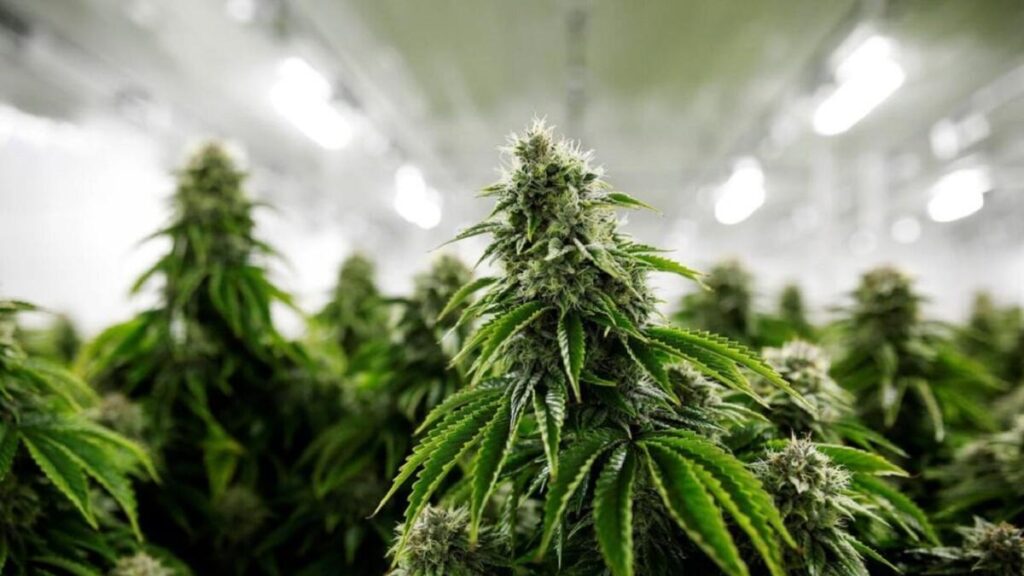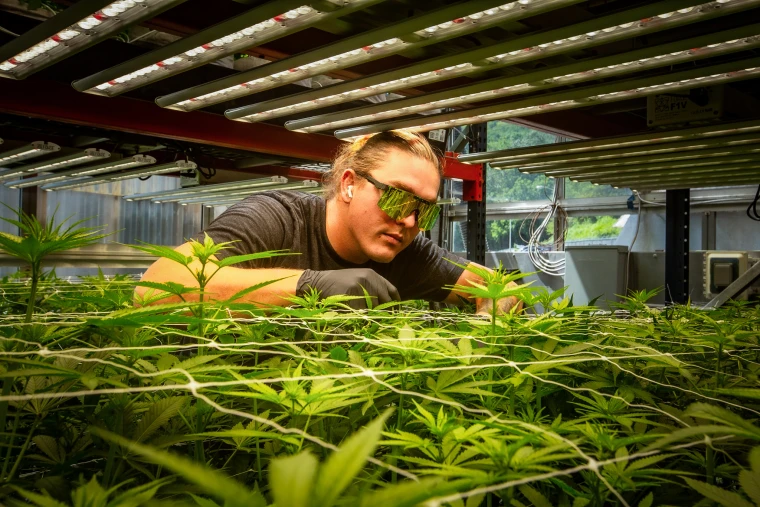Exploring the Potential To Legalize Weed in North Carolina
In North Carolina, marijuana that people typically call weed is not yet considered legal. However, there have been discussions which say to legalize weed in North Carolina and allow for medical use. The state is moving forward with the proposed North Carolina Compassionate Care Act, which would permit medical marijuana in certain situations.
There has been a reduction in penalties for possessing small amounts of marijuana but rules against recreational use are still very strict. Recreational marijuana has been made legal by the Eastern Band of Cherokee Indians on tribal lands.
Historical Context
Before we look at the efforts to legalize weed in North Carolina let’s talk about North Carolina first, like many other states, it has had a complicated journey with marijuana. It was made illegal nationwide in 1937 and our state did the same. The first step taken here for marijuana changes was to lessen penalties on small possession charges in 1977.
Although there have been some moves towards change such as allowing CBD oil usage under specific medical situations from 2015 and decriminalizing small quantities of marijuana for medical use starting last year, possessing it along with its distribution and cultivation is still against the law.
The North Carolina Compassionate Care Act, introduced in 2021, is a bill that could make medical marijuana legal.
Current Marijuana Laws in North Carolina
In North Carolina some people want to legalize weed in North Carolina but it is not allowed to be used. The punishment for this depends on how much you have. If someone has less than 0.5 ounces of marijuana, they could get a misdemeanor charge and maybe they need to pay $200. Owning between 0.5 to 1.5 ounce can also lead to a misdemeanor with possible jail term from one day up until 45 days plus potential fine reaching $1,000 dollars maximum limit in certain cases . Having marijuana amounting from 1 point five ounces up until ten pounds is considered a felony which comes with jail time lasting anywhere between three months all the way to eight months along with a possible fine that could be as high as one thousand dollars. It is against the law to distribute or traffic marijuana.
Decriminalization Efforts
In North Carolina, the movement to legalize weed in North Carolina has seen progress with legislative proposals aimed at changing current laws. The state witnessed initiatives like the North Carolina Compassionate Care Act that intend to make medical marijuana legal for treating particular conditions.
There have been ongoing conversations and bills introduced about not making possession and use of marijuana a crime, which shows a change in policy towards being more lenient. But, as of now, North Carolina still doesn’t allow recreational marijuana.
Medical Marijuana Legislation
When we talk about the movement to legalize weed in North Carolina. It is for people. The North Carolina Compassionate Care Act, or S. 3, wants to make a good medical cannabis program in this state.
The law would let people who are very sick get medical cannabis after their doctor suggests it and they have a card for using this type of medication.
This act sets out the conditions that qualify for its use, legal protection for patients and those who care for them, responsibilities and regulations of physicians along with taxation matters including fees and revenue sharing aspects.
If this bill is approved, it means that patients suffering from conditions like cancer, epilepsy, PTSD and other severe illnesses can now use medical cannabis as a treatment option.
Public Opinion
Now let’s look at public opinion to legalize weed in North Carolina. About making marijuana legal in North Carolina shows a clear majority being in favor, as shown by recent polls. A poll from WRAL News tells us that most of the voters in North Carolina support making both recreational and medical use of marijuana legal. To be specific, 57% of voters think it’s right to make recreational marijuana legal, but an even bigger group at 72% are for the legalization of medical marijuana.
The results show that attitudes towards cannabis reform are changing in the state, as there is a large amount of support for it from people across different political parties such as Democrats and Republicans. This suggests a wide-ranging change in public views about marijuana legalization within North Carolina.

Economic Impact
If the state legalize weed in North Carolina this can be economically beneficial. The process of putting into effect adult-use cannabis markets under regulation permits the taxation on sales from marijuana, which brings in fresh income for governing bodies at both state and local levels.
When marijuana becomes legal and is put under regulation, this creates thousands of new jobs. It helps in developing the economy and keeping it stable. Places that have permitted and controlled marijuana are making more money from it than expected.
The tax collections and total sales of cannabis are going over the estimates. As the industry of marijuana grows, it opens up chances for creating jobs and developing the economy.
The financial effect of making marijuana legal is not only about taxes but also includes providing funds for different social services and programs, helping communities while ensuring economic stability.
Social Impact
When we show support to legalize weed in North Carolina there we should not forget about its social impact. The effects of marijuana becoming legal in North Carolina can be seen in many aspects of society. There might be changes in how law enforcement deals with it, possibly leading to less arrests and criminal behavior related to marijuana possession. This could lessen the load on the criminal justice system while also decreasing imbalances in arrests, especially for minority groups.
It can be seen that legalization might give rise to fresh economic changes such as generating jobs and gathering tax income for the good of communities.
Challenges and Opposition
Those who want to legalize weed in North Carolina have to deal with different problems and resistance from many groups. One big difficulty is that some lawmakers are not very keen on backing up the push for legalization, as shown by slow movement of the North Carolina Compassionate Care Act in the House.
People are worried about how much power might go towards marijuana industry inside the regulation process; they say it’s not right if the industry’s voice becomes louder from a public health perspective. There are also concerns about how legalization might affect the youth, with worries that marijuana products could be diverted to minors. Some groups like Smart Approaches to Marijuana are campaigning against it actively because they say there is no FDA approval for marijuana as a medicine and worry over more access leading to recreational use.
To legalize weed in North Carolina is a complicated and changing topic that requires managing issues related to public health, personal liberties, and economic potential. The state has started to make progress on decriminalization as well as medical legalization but it still considers recreational use of weed illegal.

